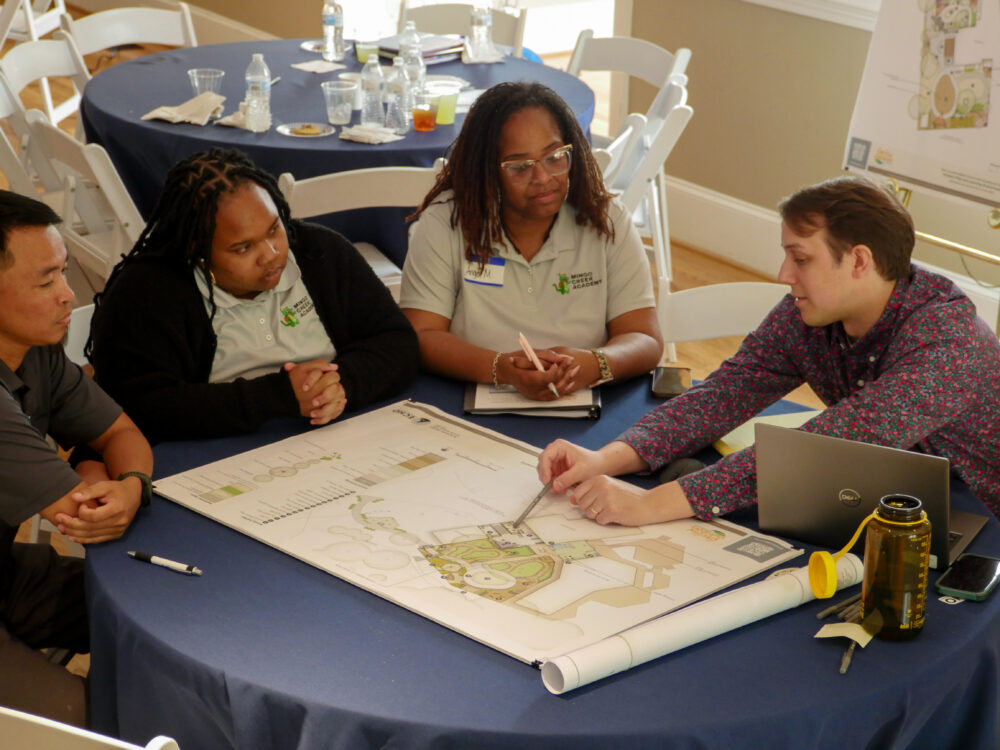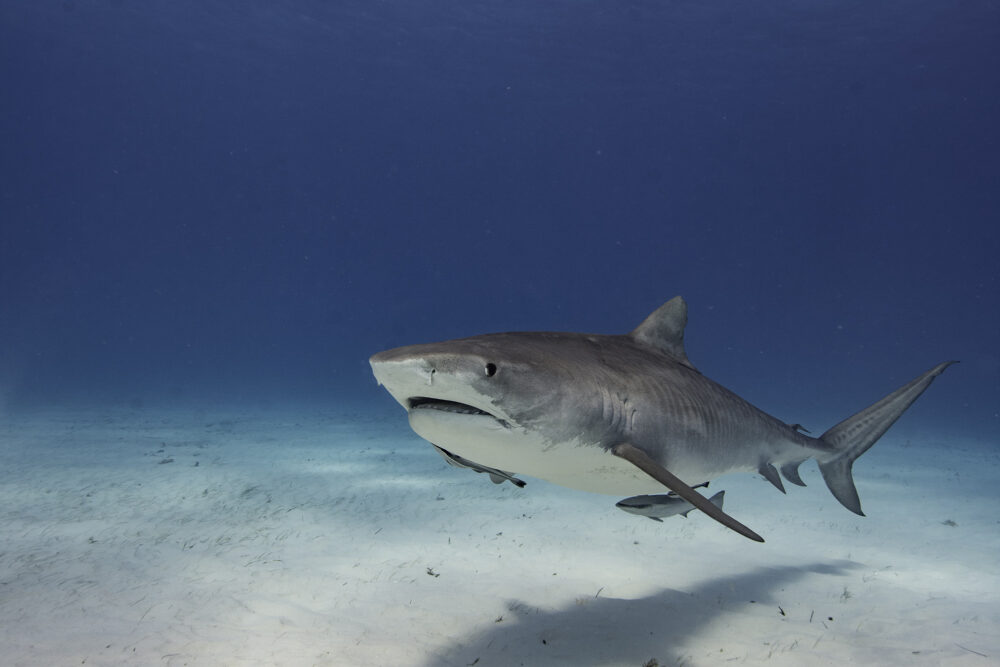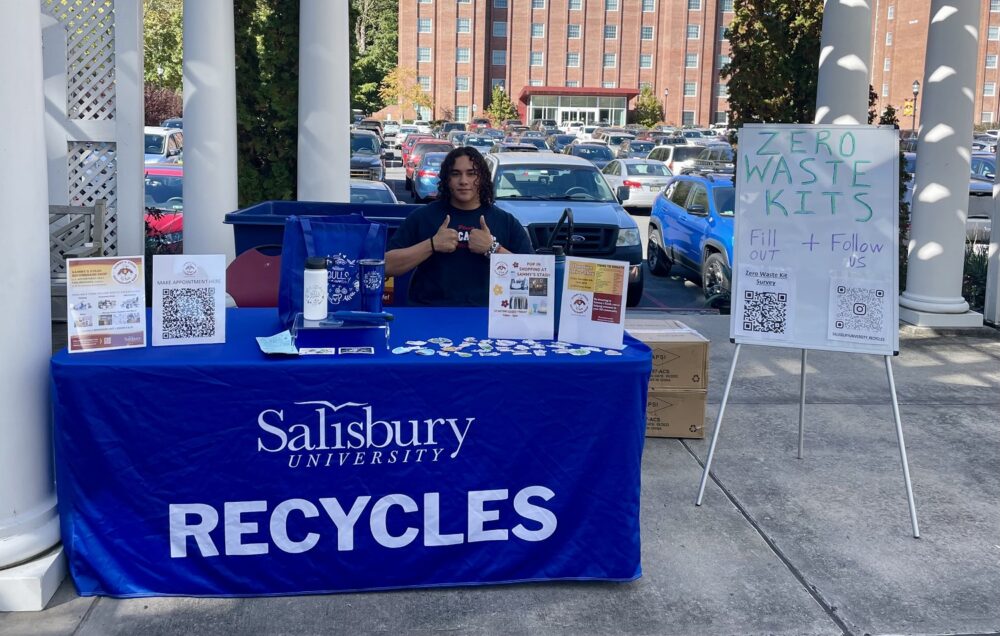We have much more to do and your continued support is needed now more than ever.
The Ohio State University’s First Zero-Waste Event
Campuses across the United States are finding unique and innovative ways to become more sustainable. Many schools are looking at ways to green in the most original ways, including zero-waste graduation ceremonies, meetings, and sporting events. As you will see below, collaboration and partnerships are imperative to having a successful event. Schools such as University of Colorado-Boulder, Evergreen College, Northwestern Michigan College, to name a few, have had much success with their initiatives. The Ohio State University got a taste of how easy a zero-waste event can be and look to continuing their success at future events.
The Ohio State University held its first zero-waste event on Saturday, September 11, 2010. The Scarlet, Gray & Green Buckeye Bash was organized by The Ohio State University Alumni Association (OSUAA) in partnership with Green Columbus (a local non-profit) and Ohio State’s Department of Facilities Operations and Development (FOD). The goal was to have a 90% landfill diversion, and the university achieved 96% (73% compost, 23% recycled, 4% landfill).
Green Columbus approached the university with the idea to green Ohio State football tailgating. After discussing many ideas, the Alumni Association decided to adopt a “Scarlet, Gray & Green” theme for their Buckeye Bash (alumni pre-game party). The goals were to eliminate waste, use local food and beverage, incorporate alternative energy, and educate guests.
Each partner in the project was responsible for different aspects of greening the event. The Alumni Association asked the sponsor, Raising Cane’s, to purchase compostable serving-ware (including plates), use green sterno, and recycle their cooking oil. This was vital to the zero-waste goal – without Raising Cane’s support, it would not have been as successful.
OSUAA also created signs spotlighting the sustainable practices in use and arranged for the messages to be printed on recyclable signs with soy-based ink (signs were sponsored by Ohio State’s UniPrint printing services. The posters created for the waste bins were instrumental in the success of the event; they were large and easy to understand, and their placement forced individuals to approach the bins from the side containing the directions. Representatives of Ohio State’s Student Alumni Association volunteered to monitor the bins, further facilitating the success of the zero-waste event.
Green Columbus assisted in providing locally brewed beer from the Ohio Brewing Company (an Akron, Ohio–based brewer) and supplied a vital source of volunteers for various needs for the event from serving alcohol, educating attendees, and set-up and tear-down. Green Columbus also helped the OSUAA challenge the Academic Department Societies to green their Reunion Weekend tailgates by creating a “Guide to Green Tailgates”booklet, developing a scoring matrix, and providing judges. Other judges of the Scarlet, Gray & Green Tailgate Challenge included members of Student Life, Facilities Operations and Development, Green Columbus, and the student organization Design Build Institute of America. The winner of the Scarlet, Gray & Green Tailgate Challenge was announced during the Ohio State vs. Miami game and received a trophy made from recycled glass created by Weisenbach Recycled Products.
Staff from FOD’s Energy Services and Sustainability acted as the “green consultants” and organized the operational side of the event. FOD donated the additional costs to take composting to a compost facility and weighed all waste materials that were generated from the event. FOD also worked with Ohio State’s College of Food Agriculture and Environmental Sciences to bring the Athens Alternative School’s bio-diesel project to campus to provide clean fuel for the electric generator. The Sunflowers to Biofuel project, funded by the Sugar Bush Foundation and the Russ College of Engineering at Ohio University, makes possible the onsite transformation of sunflower seeds into oil that can be converted into biodiesel.
What is perhaps the most exciting outcome from this event is that the OSUAA realized how easy it is to be green. They are now energized, are looking for ways to incorporate sustainable practices into other events, and have pledged that future Buckeye Bashes will be zero-waste and as environmentally friendly as possible. For questions, contact Corey Hawkey at: hawkey.13@osu.edu.
Author: Juliana Goodlaw-Morris
Image credits: Creative Commons






















